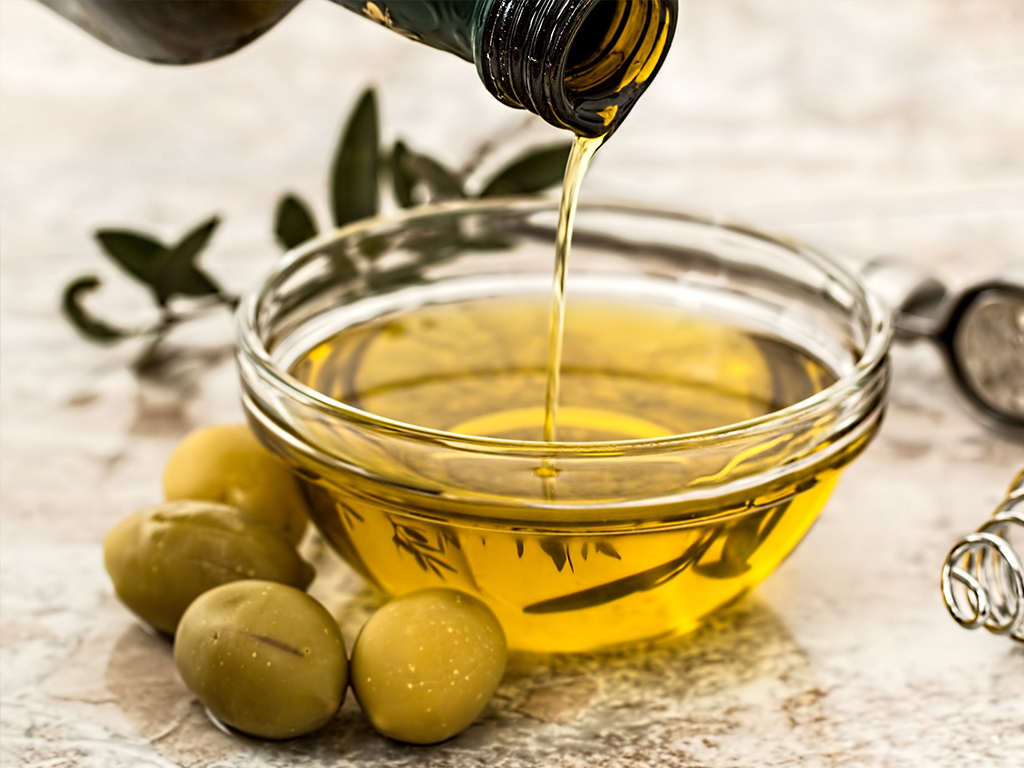Dealing with dearer cooking oil in long term

If the seeds of ongoing wheat, sugar and cotton crises were sown many years ago, seeds of a pending edible oil crises are being sown today. That seems to be the takeaway of this month’s Pakistan Edible Oil Conference (PEOC) and BR Research’s ensuing interview with Malaysia’s Primary Industries Minister Teresa Kok.
At the PEOC, the key message was loud and clear. That global palm oil prices will stay north in the long term. This is because while Indonesia experiments with B40 biodiesel while eyeing B50 in the years ahead, Malaysia is implementing B20 while eyeing B30 in subsequent years. Considering that B20 or B40 implies mixing 20 or 40 percent palm oil in diesel to be used for road transport, this means that palm oil consumption for biodiesel will rise leaving the supply tighter for food consumption.
That fact alone is enough to keep demand pressure on palm oil prices, and in turn importers such as Pakistan will have to pay more for the same quantity of imports. But consider also that the Malaysian minister was very clear in her recent interview that her country would pursue palm oil utilization in biodiesel as a mechanism to balance palm oil prices. Which in other words means that when palm oil prices go down, utilization levels in biodiesel would be increased to maximize the dollar earnings of major palm oil producers like Malaysia and Indonesia. (For detailed interview read Brief Recording section Jan 20, 2020).
Meanwhile, in countries such as our own, demand for edible oil is expected to grow. This is not only because Pakistan (foolishly) boasts a very high reproductive rate. It is also because sooner or later whenever that long-awaited miracle happens and the country’s per capita income grows, the per capita consumption of healthy fats (through edible oil) will also rise. Bear in mind that per capita consumption of edible oil is also growing thanks to growing urbanization, which also stokes demand for edible oil import.
Pakistan produces only about 10 percent of its edible oil requirements; the rest is imported in one form or the other. Some years ago, a certain Pakistan Oil Seeds Board was formed to try rearranging land usage, crop pattern, farming incentives and a host of other measures to get oilseed production off the ground. But to no avail.
If Pakistan was already growing, storing and distributing all other crops efficiently while being fully cognizant of the trade-offs in question that the country will produce certain crops very efficiently, to be able to export competitively and forever import edible oil, that may have been okay. But the country is neither producing other box standard crops efficiently, nor producing oilseeds when in fact research shows that there is a potential to grow at least some edible seed at home – not the kind of potential that palm oil was touted to have, but the real one.
One way to deal with rising edible oil imports is to realign domestic crop to ensure that the country grows at least some oilseeds including rapeseed, soybean and sunflower. This will help save some foreign exchange, and also mitigate cost push cooking-oil inflation as and when global palm oil prices go further north. Another way to deal with this is to rework trade agreements with Malaysia, asking its government to let us import at least some palm oil in crude form rather than refined (while also giving market access to Pakistan’s rice).
Lastly, until such time the domestic farming aspect of oilseeds is fixed, address the concerns of soybean meal producers so they can explore exporting the commodity to China and other regional countries.
Globally, soybean oil consumption is only second to palm oil consumption. Granted, that soybean oil is usually a bit more expensive than palm oil, there must be a certain market out there, as is visible from the growth of soybean oil consumption in Pakistan over the last six years.
By encouraging soybean oil consumption in Pakistan, Malaysian and Indonesian palm oil suppliers would face competition in Pakistani market and may offer better prices and better terms. It may also allow Pakistan to switch to additional soybean consumption as and when the price difference narrows between soybean and palm oil on account of palm oil usage in biodiesel.
One way to achieve this diversification of oil consumption basket is by growing soybean seeds in Pakistan. But that’s really a long-term project. In the meantime, another way is to explore the possibility of making Pakistan a hub for exporting soybean meal. In an interview with BR Research, Rasheed Jan Muhammad, Director of Westbury group and the CEO of PEOC informed that Pakistan was unable to export soybean meal to China because of GMO related documentation issues. (See Brief Recording Oct 26, 2018)
By fixing the regulatory and documentation issues related to soybean seed, Pakistan can potentially import soybean from the US and Brazil, crush the seeds in Karachi to extract oil and meal – consume soybean oil in domestic market and export surplus soybean meal to China or others in regional market. The operative word here is ‘potentially’ since this requires further deliberation, research, and cross sectoral coordination by both federal and provincial governments – the kind of coordination that is conspicuous by its absence. Until then, beware of the costlier cooking oil era to come.






















Comments
Comments are closed.